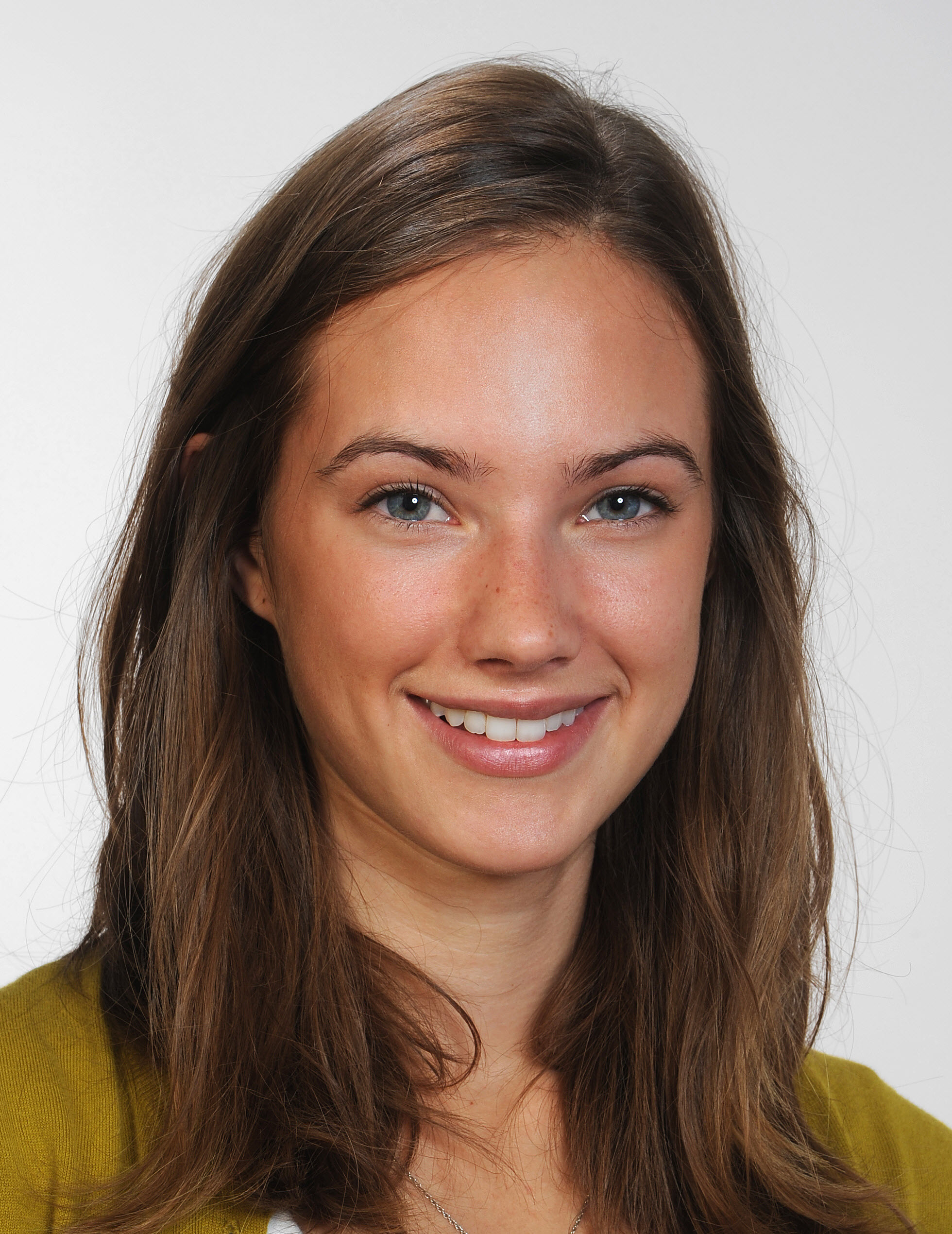
Lauren Clack, Prof. Dr. phil.
- Seit: 01.02.2021: Assistenzprofessorin mit Tenure Track Implementation Science in Health Care UZH
- Forschungsgebiet: Implementation Science in Health Care
Header

| 2007 - 2011 | Studium, BA, Biology, French, International Studies, Hope College, Holland, MI, USA |
|
2012 - 2014 |
MSc, Applied Ergonomics (Human Factors Engineering), University of Nottingham, UK |
| 2015 - 2018 |
PhD, Applied Social and Health Psychology, University of Zurich, Schweiz Thesis: «Development and application of a behavioural science paradigm for infection prevention» |
|
2012 - 2020 |
Implementation Science Researcher and Project Leader, Division of Infectious Diseases and Hospital Epidemiology, University Hospital Zürich |
| 01.02.2021 | Assistant professor with tenure track, Institute for Implementation Science in Health Care, Medical Faculty, University of Zurich, Schweiz |
Wissenschaftliche Arbeit versus andere Berufstätigkeit: Weshalb haben Sie sich für die Wissenschaft entschieden?
I’ve always been driven by curiosity and a desire to address real-world challenges, particularly in health care. I was drawn to the field of implementation science because it’s a field positioned at the intersection of research and practice. Our society invests so much in research. The field of implementation science seeks to ensure that patients and healthcare systems are actually benefitting from the results of that research as soon as possible. As an inherently applied science, I appreciate that Implementation Science offers the opportunity to do science in a field that doesn’t feel isolated from daily practice.
Was gefällt Ihnen an Ihrer Arbeit und was ist das Besondere dabei?
I enjoy getting to work with professionals from a number of different clinical specialties and having very diverse research projects. Implementation science draws from psychology, organizational sciences, and more to understand how research findings can be integrated into clinical practice. In my research group, we are applying these methods to a broad range of clinical specialties. Every time we begin a new project, there’s an intense learning phase where we try to get to know the particularities of a new clinical context. I find this learning phase to be very exciting.
Welche Person / welche Institution hat Sie in Ihrem beruflichen Umfeld am stärksten unterstützt?
I am very grateful to my colleagues at the University Hospitals of Geneva, who took a chance on hiring me as an intern and later research assistant. The opportunity to be a part of international research collaborations while in Geneva was an important launching point in my career. I’ve been lucky to be surrounded by hard-working and bright scientists throughout my career.
Welche Massnahmen ergreifen Sie als Professorin, um den wissenschaftlichen Nachwuchs (insbesondere Frauen) an Ihrem Institut zu fördern?
I see it as my duty – and also my honor – to try to provide the best possible environment for the researchers in my group, both male in female. I try to challenge them to think about what they want to achieve and push them to take risks, while knowing that they have my support. I hope to provide opportunities for them to grow, develop their skills, and follow their natural curiosity. Part of this is sharing my own knowledge and experience, and part of this is moving aside and providing the space for them to advance as independent researchers.
Welche Tipps geben Sie einer Jungforscherin auf den Weg, die eine akademische Karriere ins Auge fasst?
“Chance favors the prepared mind.” Work hard, follow your curiosity, and prepare yourself to seize opportunities that arise. I would also say that there’s no single “right” pathway. My own academic and professional career has not been a straight line, and I think that I’ve ultimately benefited from twists and turns along the way. I would also recommend young researchers to look for advisors who also have their best interests in mind.
Ist es aus Ihrer Sicht eine Herausforderung die Balance zwischen Forschung/der praktischen Arbeit in der Klink und der Familie/dem Privatleben zu halten? Wie gehen Sie damit um?
Of course, it is challenging to balance an academic career with family and private life. There are only so many hours in a day and we’d always wish to have more hours for all the things we love. I would say it’s important to choose the right team – in life and work. I attribute a large part of my success to having a wonderful, supportive partner and outstanding colleagues. Nothing worthwhile is achieved alone. Having the right people around makes the challenging endeavors easier and more enjoyable.